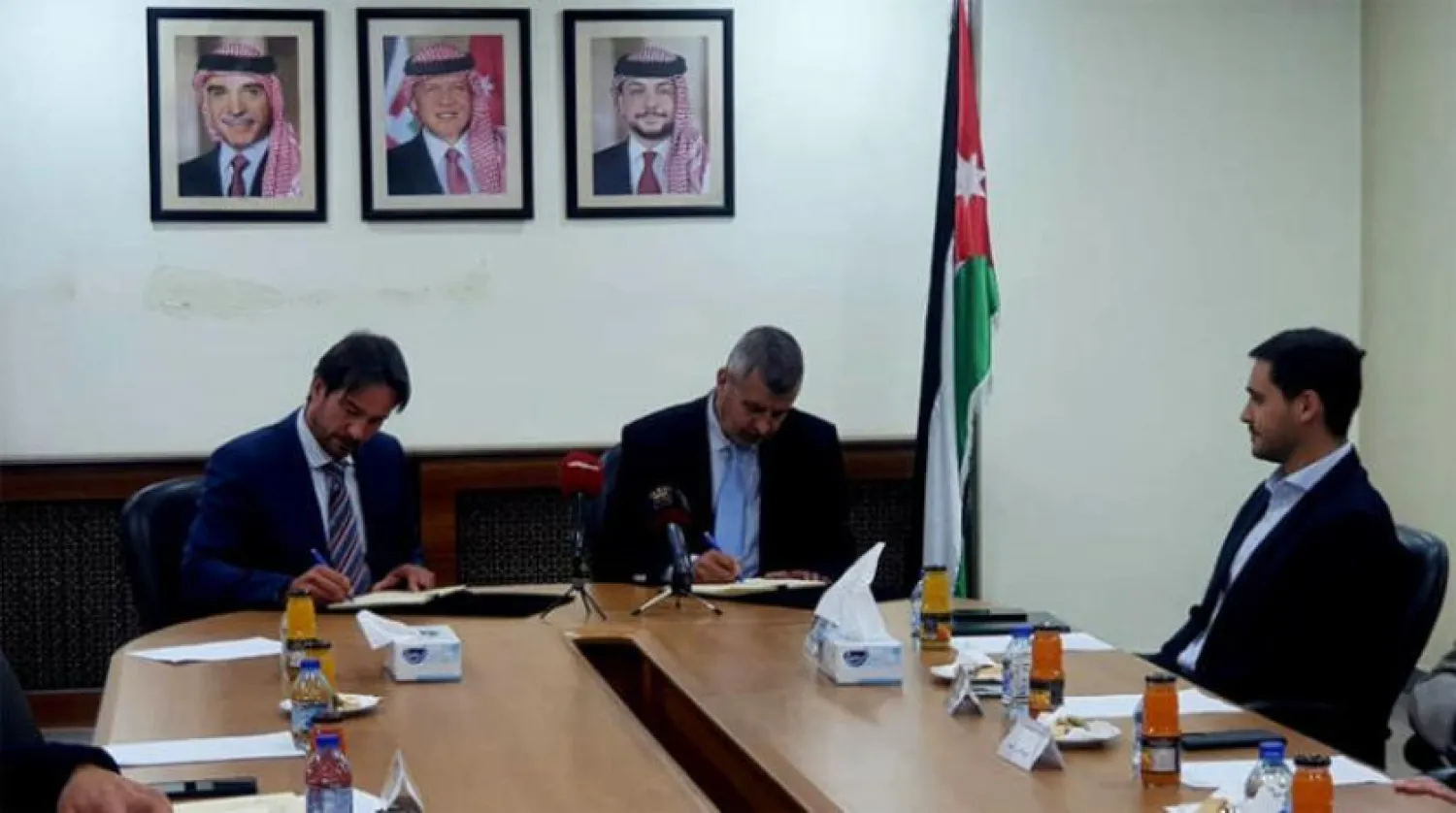Jordan signed a memorandum of understanding (MoU) with Turkey’s Solvest to explore gold in the southern Abu Khashiba region, the energy ministry announced.
Energy Minister Saleh Kharabsheh said the 14-month deal is the second signed with the firm. It calls for exploring and mining gold in Abu Khashiba Valley, as part of the ministry’s efforts to bolster the Jordanian mining sector.
Solvest will operate within an area of 155 square kilometers.
Kharabsheh underscored the importance of the agreement in expanding the exploitation of the kingdom’s natural resources to boost the economy and create job opportunities for local communities.
The Ministry signed an MoU with Solvest in April to explore copper in the same area, the minister added.
Kharabsheh signed the MoU with Vice Chairman of the Board of Directors Moin Qadada, representing the Jordanian Integrated Company, and head of Solvest Andrei Borisov.
Chairman of the Jordanian Integrated Company Ziad Manaseer said the company is keen to cooperate with the ministry to support the economy and help reduce unemployment.
Considering the initial results of copper deposits in the region, Manaseer said this project places the Kingdom on the map of global mining investments, stressing that Jordan’s fertile environment and nature reserves are a key part of its progression.









